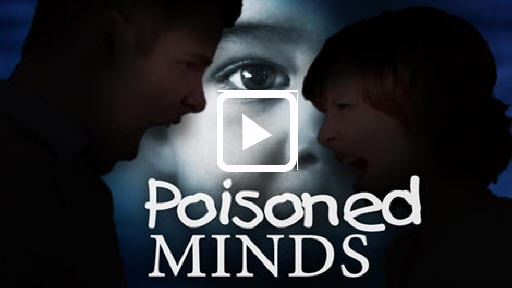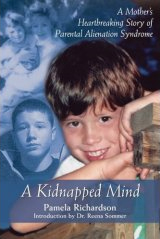![]()
Canada's largest daily newspaper
Rich Nation, Poor Children
The Toronto Star, by Vipal Jain, November 20th, 2009 ( Canada's Child Day and the 20th anniversary of the United Nations Convention on the Rights of the Child)
One in nine Canadian children, more than a million, live below the poverty line according to the 2008 Report Card on Child and Family Poverty in Canada. Although this should be a concern every day, it is especially a concern on Nov. 20, National Child Day and the 20th anniversary of the United Nations Convention on the Rights of a Child (UNCRC).
Fifteen years ago, the Canadian government resolved to eliminate child poverty by the year 2000. Nine years later, nothing has changed. The rate of child poverty has remained at 12 per cent for two decades now, according to Statistics Canada.
"For many families, it's very difficult to get out of poverty. There isn't enough money to feed the children, clothe them properly, or even enough money to pay for the bus fare or to look for a job," says Grant Wilson, President of Canadian Children's Rights Council. It's even harder for new Canadian children and aboriginal families as they are at a greater risk of living in poverty, according to the report.
Wilson says that the main reason for child poverty is lack of political will. Canada has ratified the UNCRC, requiring it to report on how it is fulfilling its human rights obligations. Countries are required to report every five years and the most recent deadline was January 2009. Canada still hasn't completed the report. "The federal government doesn't take this seriously and it's not really a priority," says Wilson.
Michele Peterson-Badali, Associate Professor of Developmental Psychology at the University of Toronto takes the issue one step further by criticizing the fact that the convention doesn't have any legal force or impact any areas of Canadian law. "In other countries, when they ratify the convention, it becomes part of the law. Many European countries work that way." She says that Canada's legal system isn't built to fight child poverty, as there aren't any penalties for not meeting the standards of the convention.
Peterson-Badali says tackling this problem requires the Canadian federal government to make social commitments and long-term social policy, which supports parents and their children. Countries with reduced child poverty have achieved their goals by having effective child benefits, quality childcare practices, more childhood education for parents and national affordable housing systems.
"There's an important role people can fulfill by taking to their Member of Parliament about child poverty," Wilson says. Canadians need to show concern in order to set new targets and deadlines and finally put an end to child poverty in Canada.
Vipal Jain is a Grade 12 student from Mississauga. She hopes to travel to a developing country one day and learn more about the issues affecting children.










